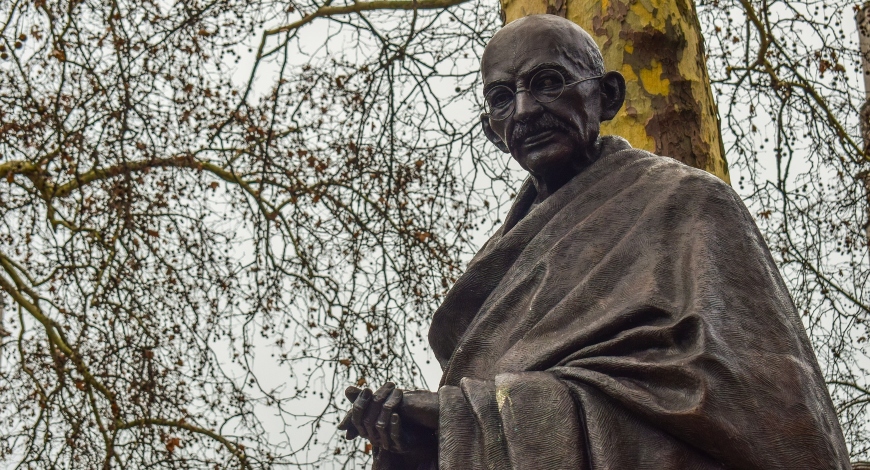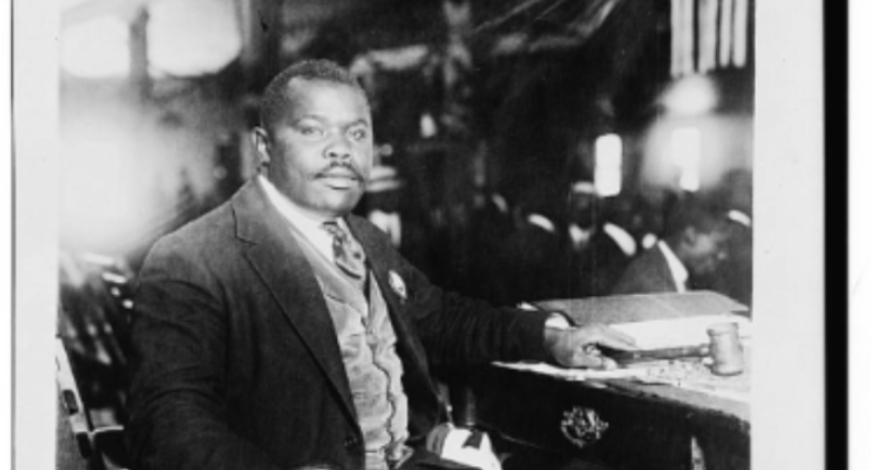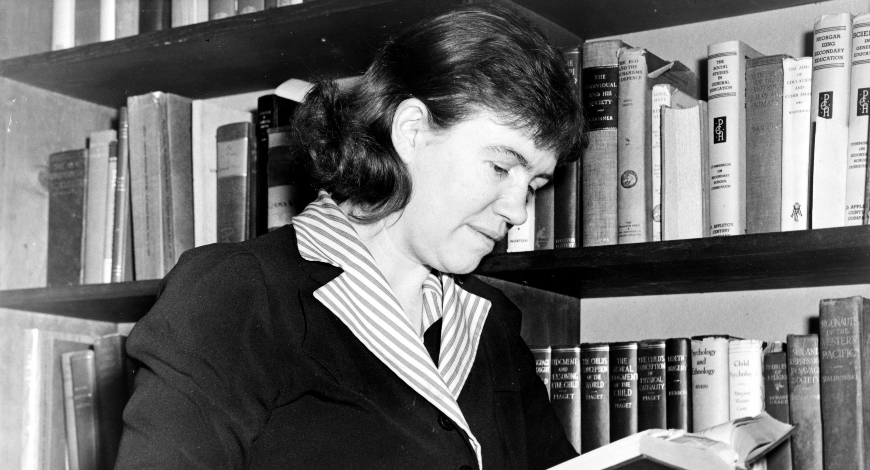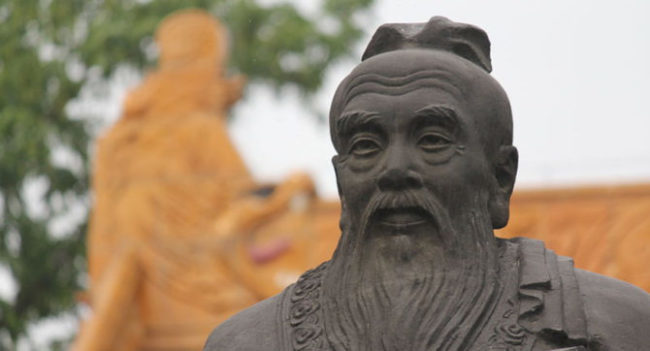Peer pressure is real. Whether out of fear of being different or just plain lack of confidence, students love to follow the crowd. It’s safe that way; they get the rewards of being liked without the risks of alienation. But then sometimes conforming to the group strips away an individual’s dignity and self-worth and, in the worst of cases, leads to destructive decisions. Deciding when to follow the group– and when to go at it alone– is an ongoing moral struggle that students must resolve in school and beyond.
There’s no denying that confidence plays a role in success. What’s harder to determine is just what kind of role. Some say that a confident mindset going into a task is the most important ingredient for success. Others say the only way to be confident is to actually achieve something first. Students must determine for themselves how to gain confidence in a way that supports their happiness and positive sense of self-worth.
The old adage “Just be yourself” looks good on paper but gets pretty scary in the real world when we must rely on our own instincts to make decisions. Dangers abound. What if we make a mistake and hurt somebody? These fears– fueled by lack of confidence– cause us to look to other people to do the thinking and acting for us. Our role models inspire us to be better, but sometimes they become convenient ways to escape the responsibility we have to be the best versions of ourselves.
The power of self-awareness isn’t obvious to us. So often we feel ourselves to be at the mercy of life. Life just happens to us. When things don’t go our way, we often throw our energies into changing other people and events to make things right. But maybe our efforts to change the world are futile. Maybe the only thing we really have control over is our attitude towards what happens. If we realize this, then we can find the strength, peace and acceptance we’re looking for.
Fear is a force that is so debilitating for kids and adults alike. Fear obstructs clear thinking and fuels anxiety in a way that makes it hard to work and be successful on anything. Often, uncertainty is behind our fears. When we don’t know what to do, we become afraid of what the future has in store for us. Yet sometimes knowing what to do actually inspires our fear. Successful management of our fears is a life-long challenge.
Setting aside the 19th century gender-biased language and applying the wisdom to all students, Thoreau is saying something important about success and positive thinking. If students believe they can succeed, then they are halfway home. The power of positive thinking is undeniable. But failure is also crucial. Students must find a balance here between positive thinking and acceptance of their imperfections. Only then will they learn how to persevere.
Students think and talk about happiness all of the time. Some believe happiness is something we control and that if we just do the right things we will become happy. There are others who think of happiness as a byproduct of a good environment and not something we can control. The issue of whether we control our happiness is an important one because it determines whether or not a student develops a healthy capacity for self-motivation and goal-setting.
When students hear the mantra “You can make a difference in the world,” there’s often an eye-roll. Students struggle to see how the actions of a few can have big consequences for the many. The fallout of this attitude is that many won’t decide to participate in that school-wide fundraiser, start that club or vote in the next election. The impulse to remain apathetic is strong but, as Mead reminds us, it just takes a different way of thinking to liberate us to act.
Students know what it feels like to be hurt. When they are hurt, they have choices to make about how to treat the people who hurt them. These choices give them opportunities to demonstrate empathy and respect for others and to preserve relationships, or break them off. Forgiveness is a moral choice which strikes at the heart of ethical decision-making.
Respect is something all students want. The question is how to get it. Students are told that if they hold themselves in high regard, people will want to be around them. They are also told that respect comes from doing things for others. Though the path towards respect is different for people, all agree that it is a worthwhile pursuit and leads to greater self-awareness and self-efficacy.
Goal-setting is thought to be a skill of highly successful people. Some students are really good at it. They map out their life events with certain outcomes in mind. Other students just want to ‘go with the flow’ and goal-setting makes them nervous and unfulfilled. The value of goal-setting is in dispute and, therefore, students must decide for themselves how they want to integrate it into their life activities.
All students have run across “know-it-alls”. They might be one themselves. They walk into a room and express supreme confidence with their knowledge. Being humble is seen as a sign of weakness. Then there are those timid students who wait patiently, ask questions and only speak when they are certain of something. Confidence and humility are noble traits. The life-long challenge is striking the right balance between the two.













